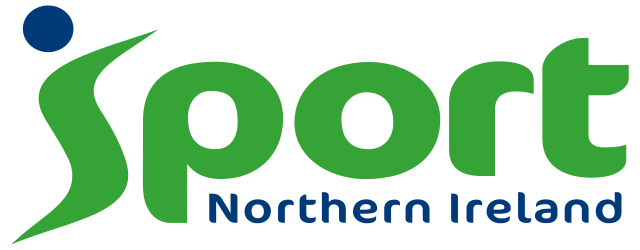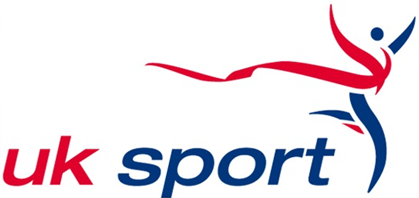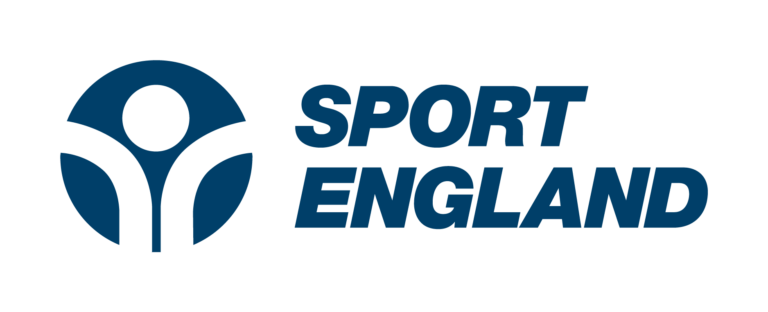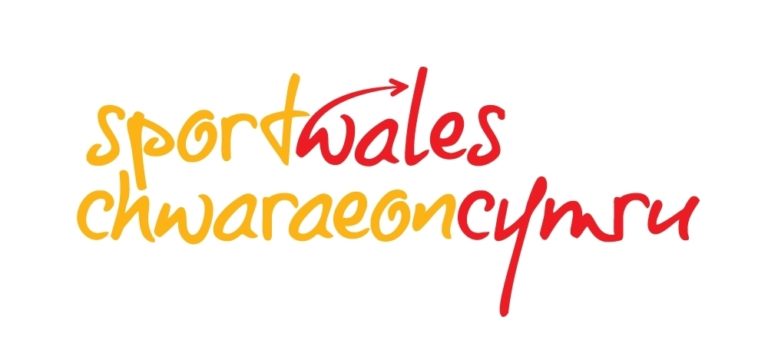Movement Card – Development Associates Project
by Parkour UK
As most practitioners of Parkour know, the discipline can challenge the social conventions and perceived rules of the use of space. This can result in positive interactions where relationships with communities are built and those outside of parkour are educated about the sport. It can also result in potential conflicts with security, property owners and authorities. While Parkour UK would always encourage its members to behave politely and rationally in these situations, we also recognise that sometimes these various authorities can act outside of the law and prevent the legitimate right that someone may have to the use of a space.
And in rolls the Movement Card created by Ukemi Project and Parkour Outreach for Scotland, our latest Development Associates project works to research and create a similar resource for the rest of the UK’s nations. We caught up with Gordon from Parkour Outreach to understand some of the basics of the rights to space, and the messaging the movement card provides.
1) What is the common challenge that parkour practitioners have in relation to use of spaces?
Gordon: People generally see a clear distinction between public property and private property. Public property is seen as a space that the public can freely use, whilst private property is seen as a space to be used only by the property owner. Private property is clearer in residential properties, but the distinction has become less clear with commercial property. Particularly, we have seen the development of a grey area in which private property appears open to the public – some of these areas are even defined by the property owner as “public space”.
Parkour is often practiced that in these areas, i.e. public spaces that are privately owned. This has resulted in parkour practitioners facing a common challenge: being moved on by property owners and/or security guards despite the space being open to the public. The reasons given by property owners usually have no proper basis.
For example, in Scotland, property owners may say:
- This is private property, you cannot be here (even though it is a public space and there will usually be public rights of way and/or a right to roam that applies. The property owner can request for you to move on, but cannot force you to do so without raising legal proceedings)
- If you hurt yourself whilst doing parkour on our property, we will be liable (legally, this is not true)
- You are on CCTV (this simply is not a reason to be moved on.)
- If you do not move on, we will call the police (If the property owner does not want members of the public peacefully using their land – it is a civil matter. The police deal with criminal matters, not civil matters).
We have set out the above in further detail on the Movement Card website: www.mvmnt-card.com
Furthermore, parkour practitioners have experienced property owners being aggressive due to a misunderstanding of the rights available to the public in these “public spaces”. Even when the above has been explained to the property owner, they continue to be aggressive and at times risk committing an offence themselves. This has been a particular issue when dealing with security guards.
For example, I was balancing on a rail at height and a security guard forcefully kicked the rail in an attempt to intimidate me. Thankfully, balancing is one of my stronger skills so the security guard’s actions had no effect on me. However, if I had fallen off the rail and injured myself as a result of the security guard kicking the rail – the security guard would have lost his job and the property owner would have been at risk of facing serious liability.
2) What would represent a landmark in the future that would symbolise the success of the Movement Card?
In the short term, it would be a landmark of success if we had Movement Cards in situ all over the world and parkour practitioners feeling welcome everywhere. This would help to encourage what is already known as the “parkour passport” across the global parkour community, but it would help practitioners to better understand and appreciate the local laws that apply in each country so that these can be respected accordingly.
In the long term, it would amazing to establish a baseline for the Right to Move in public spaces and for this to be applied globally. This would mean that there was a global shift in the appreciation for the Right to Move and the benefits that come with being able to move freely in public spaces. The benefits would clearly extend beyond parkour – people would feel comfortable using public spaces without questioning what can or cannot be done in those spaces. This would create more cross collaboration and a greater sense of community in those areas.
Thanks to Gordon for his insights, and we look forward to working with our team of Development Associates – Hugo, Sam and Matt – to develop the work.






